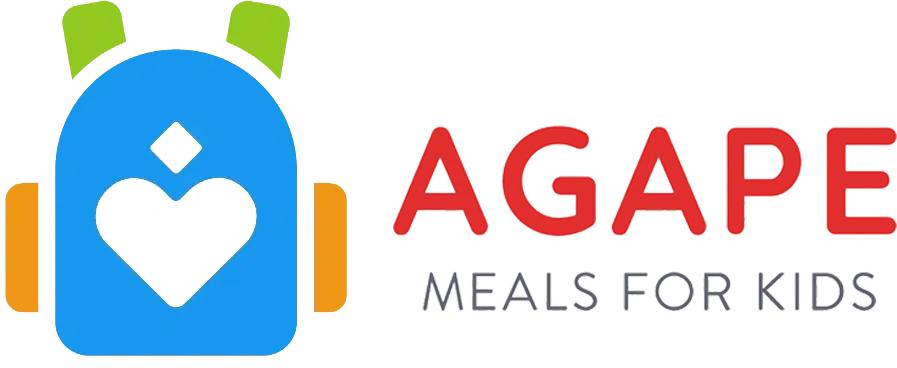Nourishing Minds: The Connection Between Meal Programs and Education
Imagine trying to focus on your schoolwork when your stomach is growling loudly, and all you can think about is when you’ll get your next meal. Unfortunately, this is a reality for far too many children in our country. And that includes children right here on Long Island. The latest statistics we have (from 2019) stated that 68,000 children on Long Island were living with food insecurity.
Childhood hunger isn’t just about empty bellies; it’s a barrier that can hinder education and future opportunities. There’s a deep connection between childhood hunger and education. Backpack programs like Agape Meals for Kids that provide weekend meals can make a real difference in the lives of children both in school and out of school.
The Link Between Hunger and Learning
When we’re hungry, it’s hard to concentrate. When children are hungry, their ability to learn is compromised. Hunger doesn’t just affect their bodies; it affects their brains too. Nutritious food provides the fuel needed for proper brain development and cognitive function. Without this, children struggle to concentrate, retain information, and actively take part in class discussions. Hungry children are more likely to feel tired, irritable, and anxious, making it difficult for them to engage in the learning process.
The Vicious Cycle
Childhood hunger can trigger a vicious cycle that’s hard to break. Poor performance in school because of hunger-related issues can lead to lower self-esteem and a lack of confidence. Over time, this can cause decreased motivation to attend school and participate in activities. As these challenges build up, the chances of dropping out of school increase significantly, limiting future opportunities and perpetuating a cycle of poverty.
Weekend Meals: A Ray of Hope
The Agape Meals for Kids program and other weekend meals program are making a positive impact. We give food-insecure kids meals and snacks for the entire weekend, when they don’t have access to school meals. By making sure children have enough to eat, we can address hunger’s immediate effects and its long-term consequences on education.
- Improved Focus and Concentration: With access to weekend meals, children come to school on Monday better nourished and ready to learn.
- Better Self-Esteem: Having enough food contributes to overall well-being. And as students feel better and do better in school, their self-esteem can get a much-needed boost.
- Improved Attendance: Children are more likely to attend school regularly when they know they’ll receive meals during the weekend. We love that programs like ours become an incentive to come to school! We know that consistent attendance is one of the keys to success in school.
- Breaking the Cycle: By breaking the cycle of hunger-related barriers, programs like Agape can play a role in preventing dropout rates and empowering children to pursue the futures they dream of.
We passionately believe that childhood hunger is a barrier that should never stand in the way of a child’s education. With the support of people like you, and businesses like yours, we all have the chance to make a lasting impact on the lives of children right here in our school districts.
By nourishing their bodies and minds, we’re not just alleviating hunger; we’re also helping to unlock their full potential, giving them the chance to thrive both at school and in life. Together, we can end childhood hunger on Long Island.
